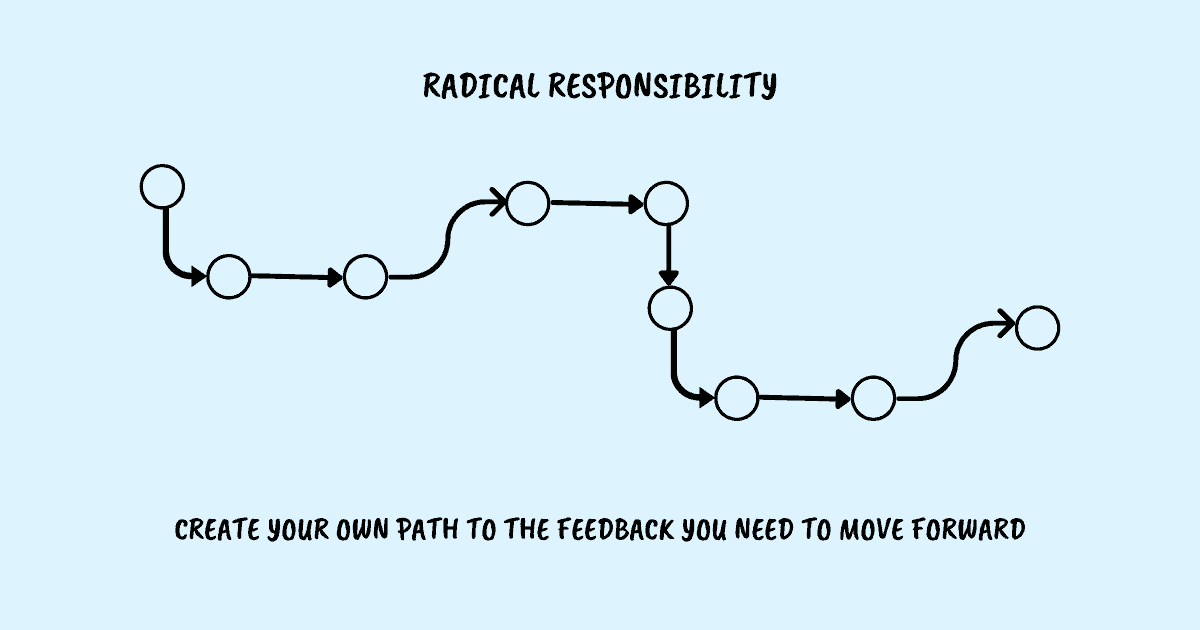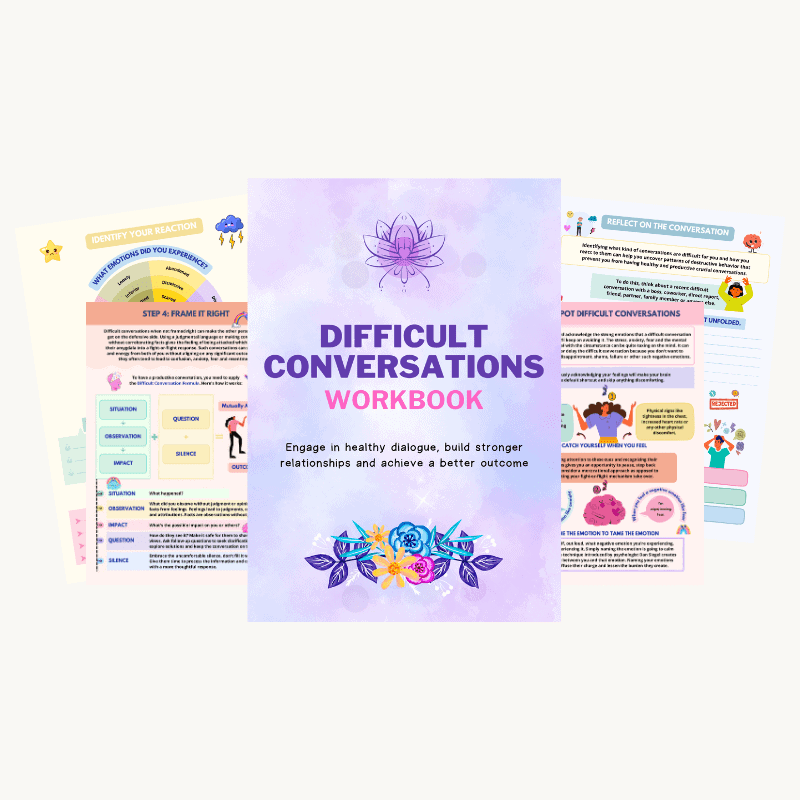Becoming A Manager: 20 Principles To Learn and Lead
Being a manager isn’t easy and anyone who tells you otherwise ain’t doing their job.
There’s just too many factors in the equation – you, your direct reports, your boss, cross functional teams, stakeholders, culture of your organization, outside market, industry, competition – they all play a crucial role in your success as a manager.
You can’t expect everything in the equation to go right and work just the way you intended. Something or the other is bound to fall through the cracks. More than one thing will go wrong. There will be more surprises than you can handle on any given day.
That’s just a manager’s life. It ain’t pretty, but it can be fulfilling. All the uncertainty and confusion can either leave you disoriented and feeling overwhelmed with a lack of control or you can embrace it and use it as the force to push ahead.
You can succeed as a manager by looking beyond all the randomness and chaos to adopting a mentality where nothing can pull you down. You can lead and succeed by practicing these 20 principles.
20 principles to learn and lead as a manager
Start With Trust
You can’t lead effectively without trust and trust is formed by giving it away first.
Convey that you have confidence in others skills, that you value their judgment, and that you care about their opinion. Make them feel valued and respected.
Good things will happen to you when you do that because the law of nature states “everything you do comes back to you.” When you start with trust, others will reciprocate in kind.
Listen With All Your Might
It takes a lot of strength and energy to genuinely listen to others. Most of us listen with the intent to reply and not with the intent to understand.
True listening involves being compassionate to the needs of others, identifying what they care about, understanding their struggles, and learning about their strengths and weaknesses.
When you listen, you understand. When you understand, you connect. And once you connect, you can create beautiful things together. You can become unstoppable.
Practice listening more than speaking. You will find solutions others don’t even know exists.
Face Your Biggest Fears
What’s your biggest fear – others may not like you? You may fail to live up to their expectations? You may fail to deliver on your promise? People will find out that you are a fraud?
Whatever it is. Be aware, accept your fears and deny them the power to control your actions. Don’t let them trap you into choosing a safer option or sticking with a popular opinion. Don’t let your fears be an excuse or a reason for inaction either.
Real growth is often hidden behind your biggest fears.
Embrace New Ways of Thinking
Don’t let what you know today put a limit on what you imagine. Challenge conventional wisdom, be willing to stick with a bold course of action.
Have the courage to make tough decisions and the confidence to stand alone. You can’t please your way to success. You can’t make everyone happy.
The only way to stand out from the crowd is to stand for something different.
Change Your Measure of Success
How do you measure your success as a manager? It is no longer a lonely game. If your team does well, you do well. When they succeed, you succeed too. Optimize your decision and thinking to maximize your team’s output.
Success isn’t an individual accomplishment. It’s a measure of your team’s collective outcomes.
Prioritize People
Most strategic plans don’t fail because they are bad. They fail because of the people involved.
A great business strategy, an excellent product development roadmap, a powerful marketing campaign is of no use without creating an environment where people can unleash their talent, utilize their skills and operate without fear.
Your best assets are your people. Prioritize their learning and growth.
Look Inward to the Process
When things go wrong, and they will, don’t worry about the outcome. Focus on the process.
You can’t control the outcome, but you can certainly control the process. When you obsess about the outcome, you fail to fix the problem. However, when you focus on the process, you will most certainly find a solution.
Spend your time and energy optimizing your inputs. Your outputs will adjust automatically.
Stay Away from Toxic Positivity
Don’t put on a don’t worry, be happy face. Don’t put on a positive spin on a bad outcome or a bad experience. Don’t live in denial when something goes wrong.
If something sucks, say so. When there’s a problem, acknowledge it. You can motivate and unblock people without ruinous positivity.
Optimism is powerful. Toxic positivity is not.
Practice Curiosity
Whatever happens, good or bad, stay curious. Curiosity will enable you to separate noise from signal, good from bad, possible from impossible, and right from wrong.
Ask questions. Learn from others. Spend time acquiring wide-ranging multi-disciplinary knowledge as it will enable you to connect ideas across multiple domains and find solutions that didn’t seem possible earlier.
When you are curious, everything seems possible. When you are not, even the obvious answers seem impossible.
Have a High Tolerance for Failure
You can either play safe, sit within your comfort zone and accept mediocrity or you can step outside, take risks, embrace failures and build excellence.
Failure can be debilitating when considered destructive or enabling when put to constructive action.
You will fail. Turn your failures into lessons for success.
Build Emotional Agility
Emotional agility is two steps ahead of emotional intelligence. Emotional intelligence is the ability to relate to others and lead with compassion. Emotional fluency, the next step after emotional intelligence is the ability to understand what you are feeling and use specific language to communicate that feeling well.
The third step is emotional agility which requires not only understanding emotion and having the language to describe it but knowing when and how to communicate those emotions.
Express your vulnerability within boundaries. It will keep you real and authentic.
Over Communicate
Don’t communicate something that need not be told. Over-communicate that which needs to be enforced.
Got a vision that needs communication? A strategy that needs clarification? A plan that needs confirmation? Articulate clearly and communicate strongly. Not once. Multiple times till it registers well with the people who need this information.
Use overcommunication as a strategy for spreading key information.
Set Standards
As a manager, your actions speak louder than words. What you tell others carries far less weight than what you tolerate.
How do you handle bad behavior in the team? What do you do when someone doesn’t perform well? Tolerating poor performance and bad behavior turns them into acceptable standards for your team.
Set and communicate standards. By holding people accountable to higher standards, you can push them for exemplary performance.
Stand Up and Speak
Don’t let anyone pull your team down. Getting involved in cynicism and blame games at work can be morally demotivating, quite upsetting, and downright unproductive.
When the situation demands, don’t shy away to stand up and speak for your team. Keep them away from toxicity and politics at work that can hamper their performance.
Protect your team from negativity. It hurts productivity.
Guard Your Priorities
Knowing what not to do is as important as knowing what to do. Forward motion isn’t about doing many things. It’s about doing a few things and doing them well.
Protecting your priorities may upset a few people. Your job as a manager isn’t to protect their feelings. It’s to do the right thing.
Saying no is your best policy as a manager to safeguard that which requires a strong yes.
Manage Your Time
A busy status is a manager’s worst enemy. It’s a great excuse to work hard without adding value.
Letting other people decide how you spend time at work won’t get you success. Managing it by carefully planning your day will.
Everyone has the same 24 hours in a day. Use them well without making them all about work.
Learn to Simplify
It’s easy to complicate. Simplicity requires work.
The ability to cut through doubt, complexity, and confusion to align on a solution everyone can understand can be your superpower as a manager.
Learn to beat complexity with first principles and other useful mental models.
Focus on Strengths
You won’t stand out because of lack of any weakness. You will stand out based on your clear strengths. This applies to your team as well.
When in doubt, focus on strengths.
Be Comfortable Being Uncomfortable
You can’t sit inside your comfort zone and expect great things to happen.
Taking risks, embracing challenges, and sticking with difficult tasks may cause some discomfort in the moment, but it is what will lead to a lot of growth in the long run.
Be comfortable being uncomfortable. Your growth is one step outside your comfort zone.
Don’t Forget to Have Fun
Finally, work’s easy when it feels like fun. Don’t be too hard on yourself. Being a good manager isn’t a day’s job. It requires a lifetime of experience.
Give yourself space and time. Good things happen when you are patient with the process.
Summary
- With the right principles, being a manager can be a rewarding experience.
- Trust others first. When you do that, others will reciprocate in kind.
- Listen more, speak less. You will uncover real problems and find better solutions.
- Don’t try to get rid of your fears. But don’t let them be a reason for inaction either. Face your fears with courage.
- If you want to stand out, challenge traditional ways of thinking and doing things.
- Embrace the power of your team. Use the work they produce as a measure of your success.
- Without putting people first, everything you do can only lead to substandard performance.
- Don’t lose sight of your destination, but always focus more on the path to get there. When you focus on the process, any destination can be reached.
- Positivity is good as long as it’s realistic. No one likes a false sense of hope or a positive spin on an otherwise bad situation.
- Curiosity will open your mind to possibilities that didn’t seem possible earlier.
- Use your failures as a medium to get closer to your success.
- Showing emotions at work is good as long as you learn how to communicate them and when it’s appropriate to show them.
- You can’t tell something once and expect people to remember. For anything important, over communicate.
- What you tolerate sets the standards for your team. If you want high standards, demonstrate it through action.
- Protect your team from negative forces at work that might hurt their performance and productivity.
- Prioritize what matters. More work doesn’t necessarily lead to better outcomes.
- Learning to manage your time well is the most critical part of your job. Don’t let others decide how you spend it.
- Breaking down complexity and presenting it with simplicity will be your superpower as a manager. Use it often.
- Know your strengths well. When faced with uncertainty or doubt, remember to leverage your strengths.
- Real growth happens when you get comfortable being uncomfortable. When you have the feeling, know you are on the right track.
- Finally, have fun along the way. Remember, everything gets better with time. You only need to be patient with the process.





























